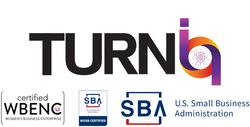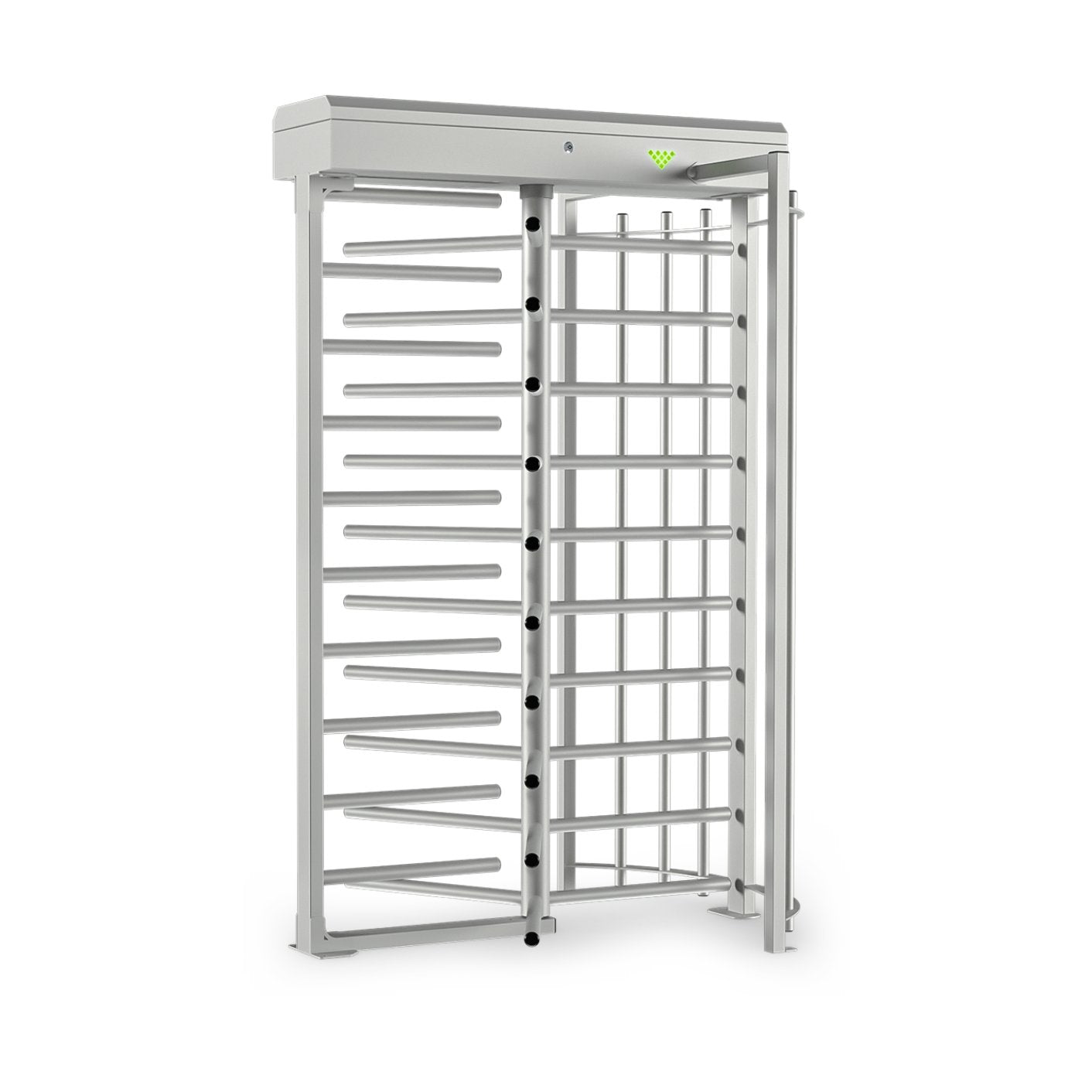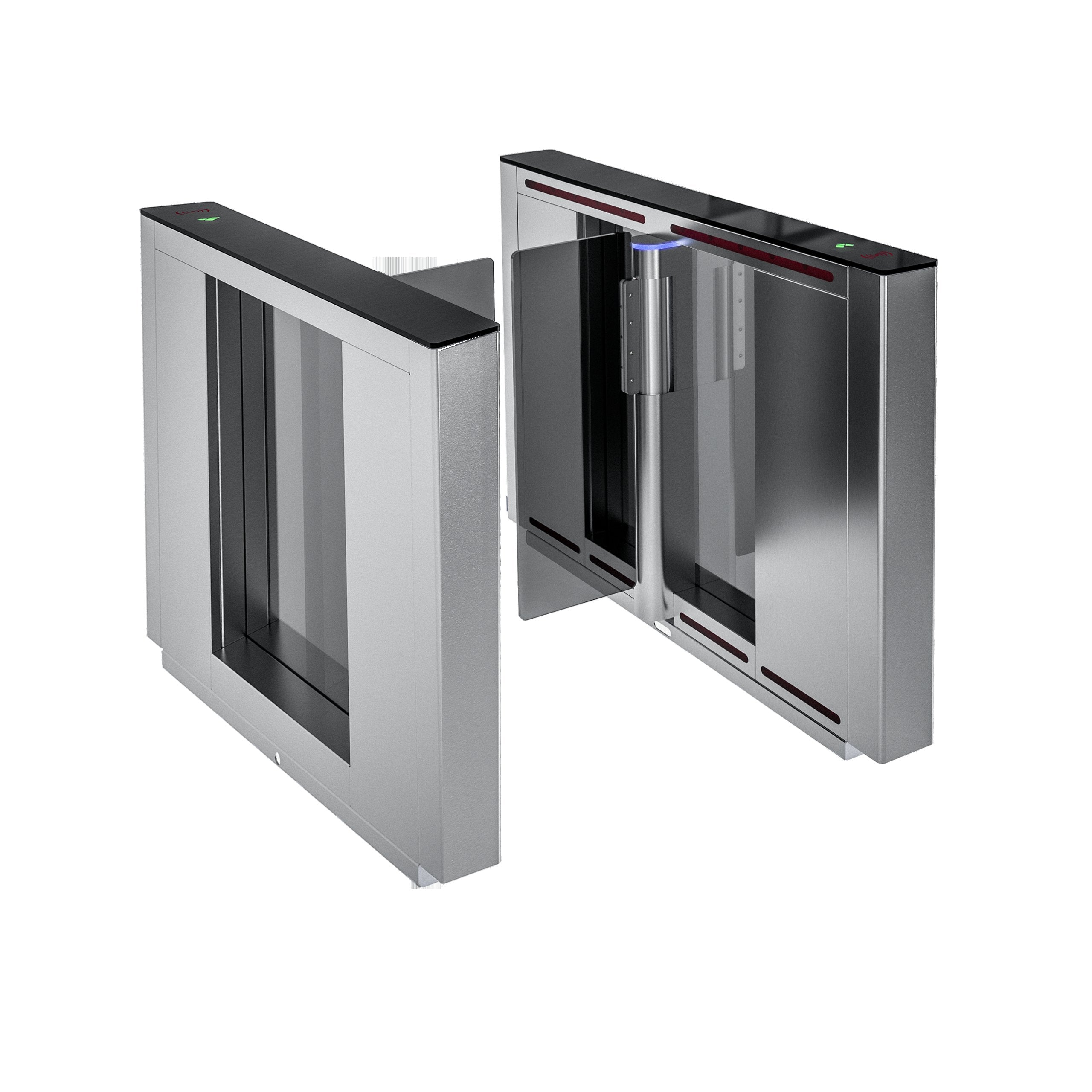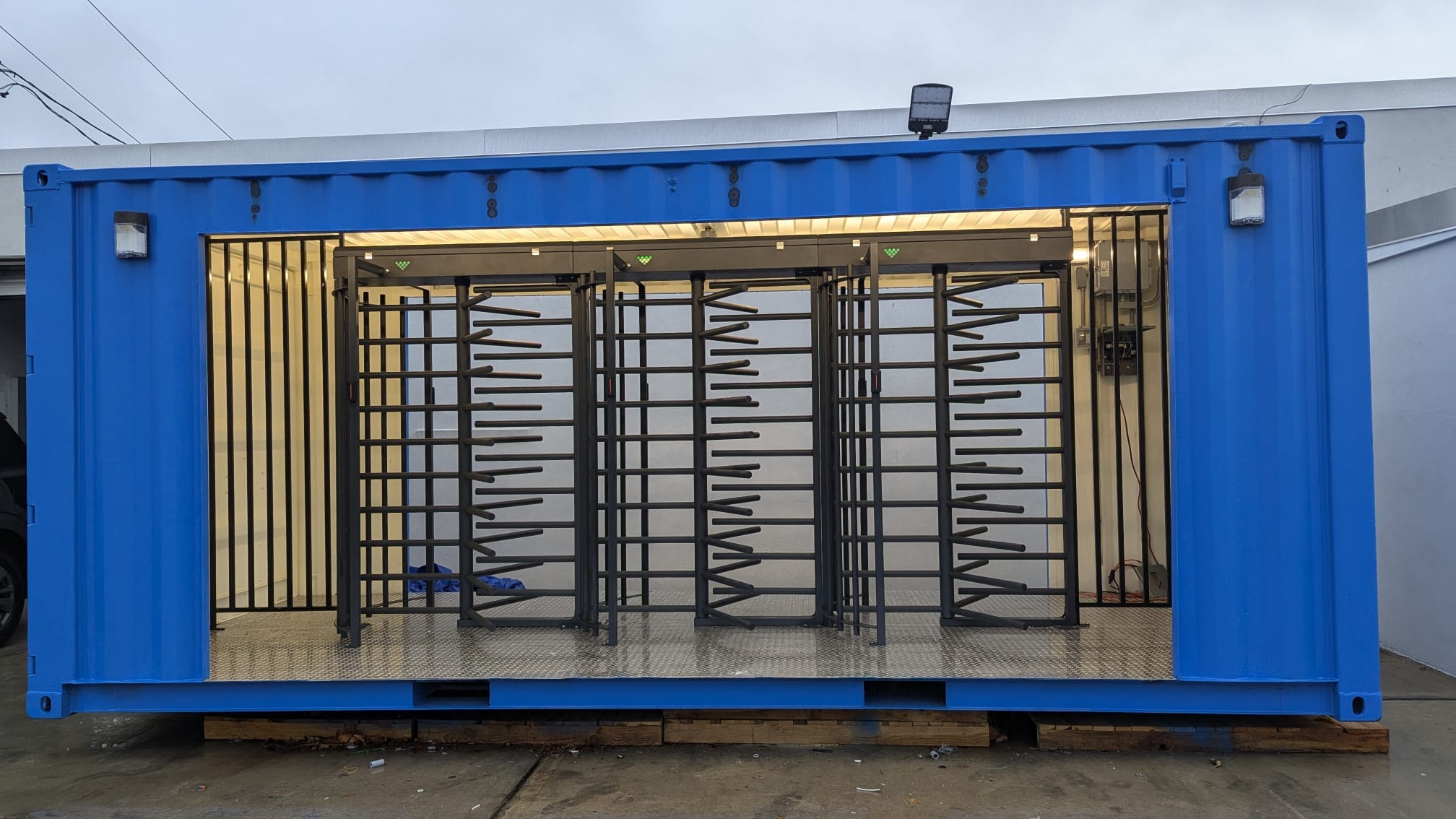Crash-Rated Vehicle Barriers: What You Need to Know
For facilities where vehicle attacks or forced entry are real risks, standard barriers aren’t enough. That’s where crash-rated vehicle barriers come in. Tested against international standards, these systems are designed to stop vehicles traveling at high speeds, making them critical for high-security sites.
This guide explains what crash-rated barriers are, their costs, and the facilities that depend on them.
What Are Crash-Rated Barriers?

Definition
Crash-rated barriers are security barriers — such as reinforced arm barriers, rising bollards, or wedge barriers — that have been tested and certified to withstand specific vehicle impacts.
Common Types
-
Crash-rated arm barriers
-
Crash-rated rising bollards
-
Wedge or road blockers
-
Crash beams
Crash-Rating Standards
ASTM (U.S. Standard)
Measures a barrier’s ability to stop vehicles of specific weights at defined speeds.
IWA (International Standard)
Used globally to standardize impact resistance testing.
K-Rating (Legacy Standard)
Older U.S. standard, still referenced in some projects (e.g., K4, K8, K12).
Cost of Crash-Rated Barriers in 2025
Crash-Rated Arm Barriers
-
$6,000 – $12,000+ per unit
Crash-Rated Rising Bollards
-
$10,000 – $20,000+ per unit
Wedge Barriers & Road Blockers
-
$15,000 – $30,000+ per lane
Installation Costs
-
$5,000 – $10,000+, depending on civil works and integration
Benefits of Crash-Rated Barriers
Maximum Security
Capable of stopping trucks and heavy vehicles traveling at high speeds.
Flexible Configurations
Available as arm barriers, bollards, wedges, or beams, depending on the site.
Compliance
Many government and military projects require crash-rated solutions for perimeter security.
Where Crash-Rated Barriers Are Essential
Government & Military Facilities
Prevent unauthorized vehicle intrusion or attacks.
Airports & Transport Hubs
Protect runways, terminals, and cargo areas.
Critical Infrastructure
Energy plants, data centers, and chemical facilities rely on certified barriers.
Corporate & High-Value Sites
Used where security breaches could lead to significant financial or reputational damage.
FAQ: Crash-Rated Vehicle Barriers
Do I need crash-rated barriers for a standard office complex?
Usually not — they are best suited for high-risk or government-regulated environments.
How are crash tests conducted?
By driving vehicles of specific weights and speeds directly into barriers to test their stopping power.
Can crash-rated barriers integrate with access control systems?
Yes, they work with RFID, biometrics, or license plate recognition systems.
Why Choose TurnIQ?
TurnIQ supplies crash-rated arm barriers, bollards, and wedge barriers built to meet ASTM and IWA standards. Our team ensures each system is installed with the right foundation, integration, and compliance for your site.
Interested in crash-rated security solutions? Contact TurnIQ for expert consultation.
Conclusion
Crash-rated vehicle barriers are essential for facilities that face high security risks. While they require a higher investment than standard barriers, their ability to stop hostile vehicles and protect critical infrastructure makes them one of the most reliable perimeter security solutions available today.





